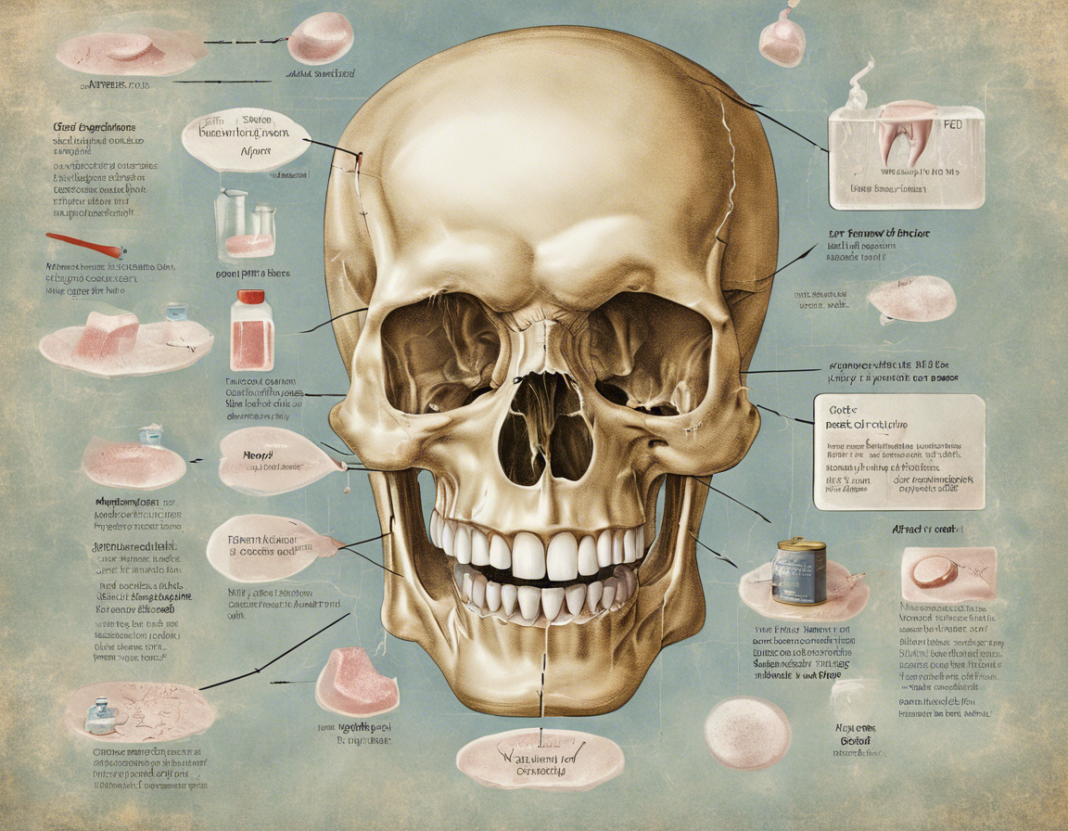What is Tooth Enamel Salt and Why is it Important?
Tooth enamel salt, also known as hydroxyapatite, is a vital component of our teeth and plays a significant role in maintaining dental health. This mineralized tissue covers the outer layer of our teeth and serves as a protective barrier against acid erosion, decay, and sensitivity. As the hardest substance in the human body, tooth enamel salt is crucial for preserving the structural integrity of our teeth and ensuring a beautiful smile.
Causes of Tooth Enamel Erosion
Unfortunately, tooth enamel is not invincible and can erode over time due to various factors. The most common culprits of enamel erosion include:
Acidic Foods and Beverages: Consuming acidic items such as citrus fruits, soft drinks, and wine can wear down tooth enamel over time.
Poor Dental Hygiene: Inadequate brushing, flossing, and rinsing can lead to a buildup of plaque and bacteria, accelerating enamel erosion.
Dry Mouth: A lack of saliva can contribute to enamel erosion as saliva helps neutralize acids and protect the teeth.
Bruxism: Grinding or clenching your teeth can cause enamel wear and increase the risk of cracks and chips.
Medical Conditions: Certain health issues such as acid reflux and eating disorders can result in enamel erosion due to increased acidity in the mouth.
Effects of Tooth Enamel Erosion
When tooth enamel erodes, it exposes the underlying dentin layer, which is softer and more susceptible to decay. This can lead to a host of dental problems, including:
Tooth Sensitivity: Exposed dentin can cause pain or discomfort when consuming hot, cold, or sweet foods.
Cavities: Without the protection of enamel, bacteria can penetrate the tooth and cause cavities.
Discoloration: The yellowish dentin may show through, giving the teeth a dull or discolored appearance.
Increased Risk of Fractures: Weakened enamel is more prone to cracks and breaks, compromising the overall strength of the tooth.
Preventing Tooth Enamel Erosion
While some degree of enamel wear is inevitable with age, there are steps you can take to protect and strengthen your tooth enamel:
Maintain Good Oral Hygiene: Brush your teeth twice a day, floss daily, and use an antibacterial mouthwash to keep your mouth clean and free of bacteria.
Watch Your Diet: Limit consumption of acidic and sugary foods and beverages. If you do indulge, rinse your mouth with water afterward to help neutralize acids.
Stay Hydrated: Drink plenty of water throughout the day to maintain saliva production and keep your mouth moist.
Use Fluoride: Fluoride is essential for remineralizing enamel and making it more resilient to acid attacks. Consider using fluoride toothpaste and mouthwash.
Avoid Grinding: If you grind your teeth at night, talk to your dentist about wearing a mouthguard to protect your enamel.
Frequently Asked Questions (FAQs)
- Can enamel erosion be reversed?
-
Enamel erosion is irreversible, but early stages of damage can be prevented from progressing with proper dental care.
-
How can I tell if my enamel is eroding?
-
Symptoms of enamel erosion may include tooth sensitivity, discoloration, and rough tooth edges.
-
Are there any natural remedies to strengthen enamel?
-
Eating calcium-rich foods, reducing sugar intake, and chewing sugar-free gum can aid in enamel remineralization.
-
Is enamel erosion common?
-
Enamel erosion is a prevalent issue, especially in individuals who consume acidic foods and beverages regularly.
-
Can enamel erosion lead to serious dental problems?
- Yes, advanced enamel erosion can result in cavities, fractures, and increased tooth sensitivity if left untreated.
In conclusion, protecting your tooth enamel salt is essential for maintaining optimal dental health and a gorgeous smile. By understanding the causes of enamel erosion and implementing preventative measures, you can safeguard your teeth from damage and enjoy a lifetime of healthy smiles.

